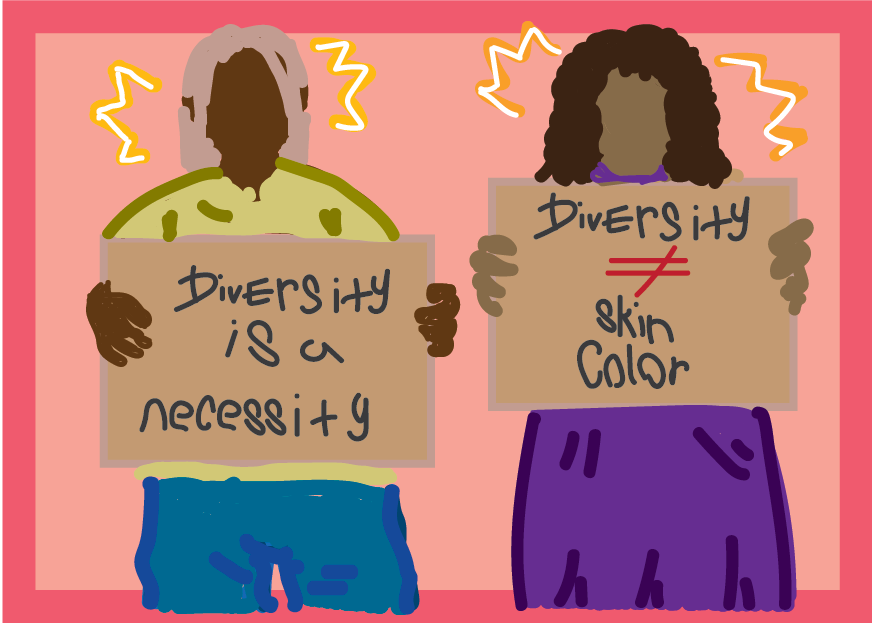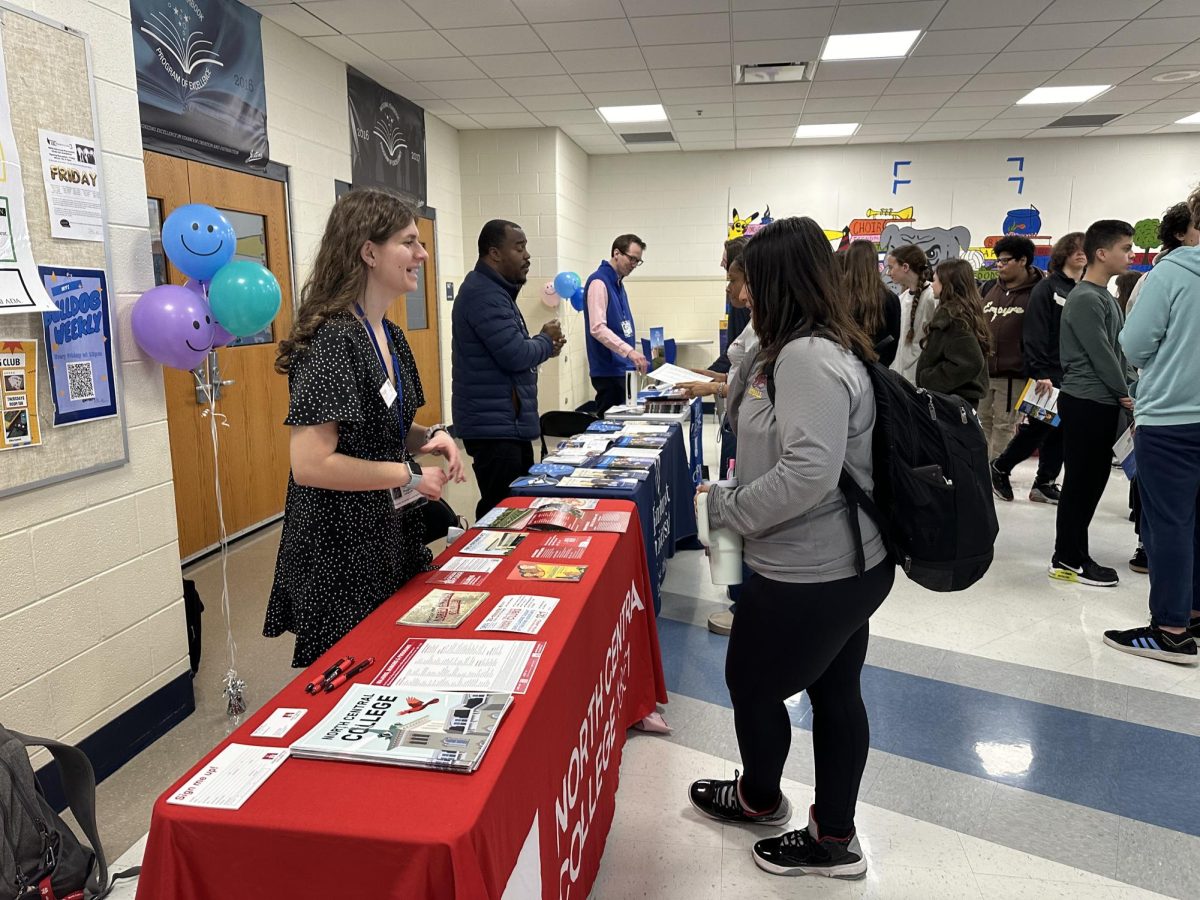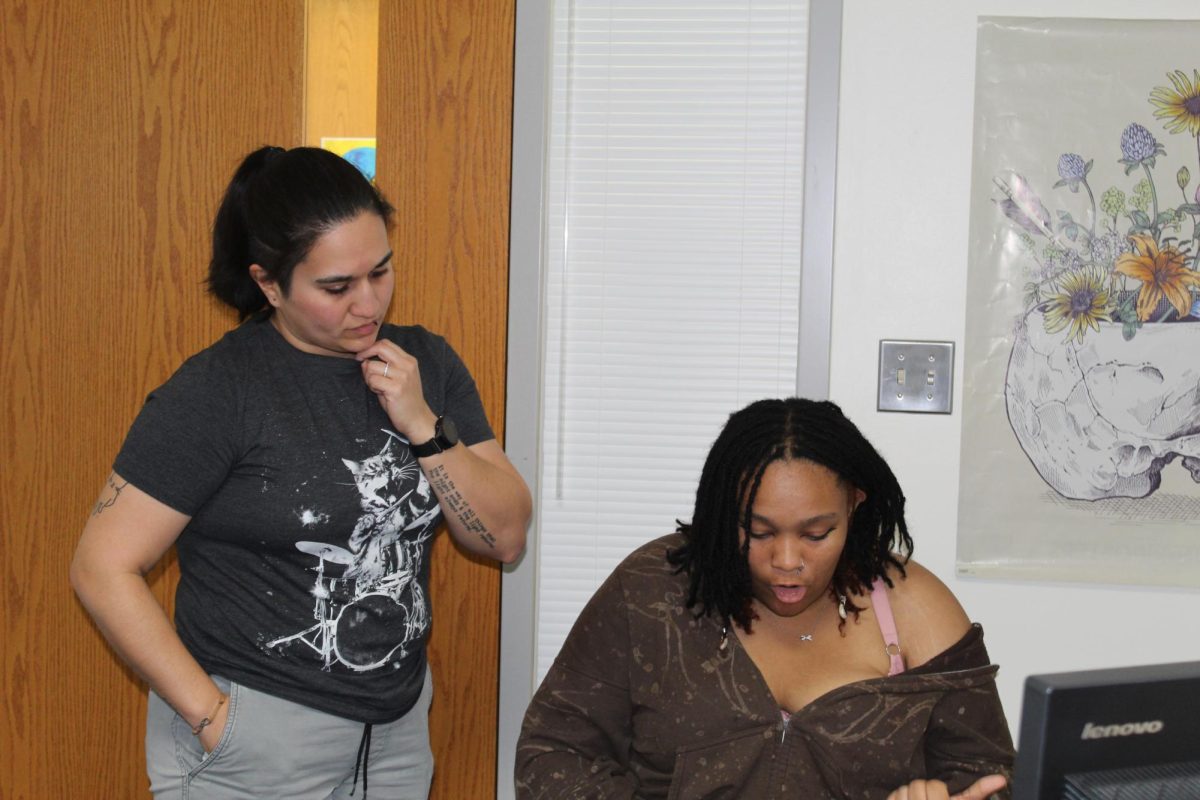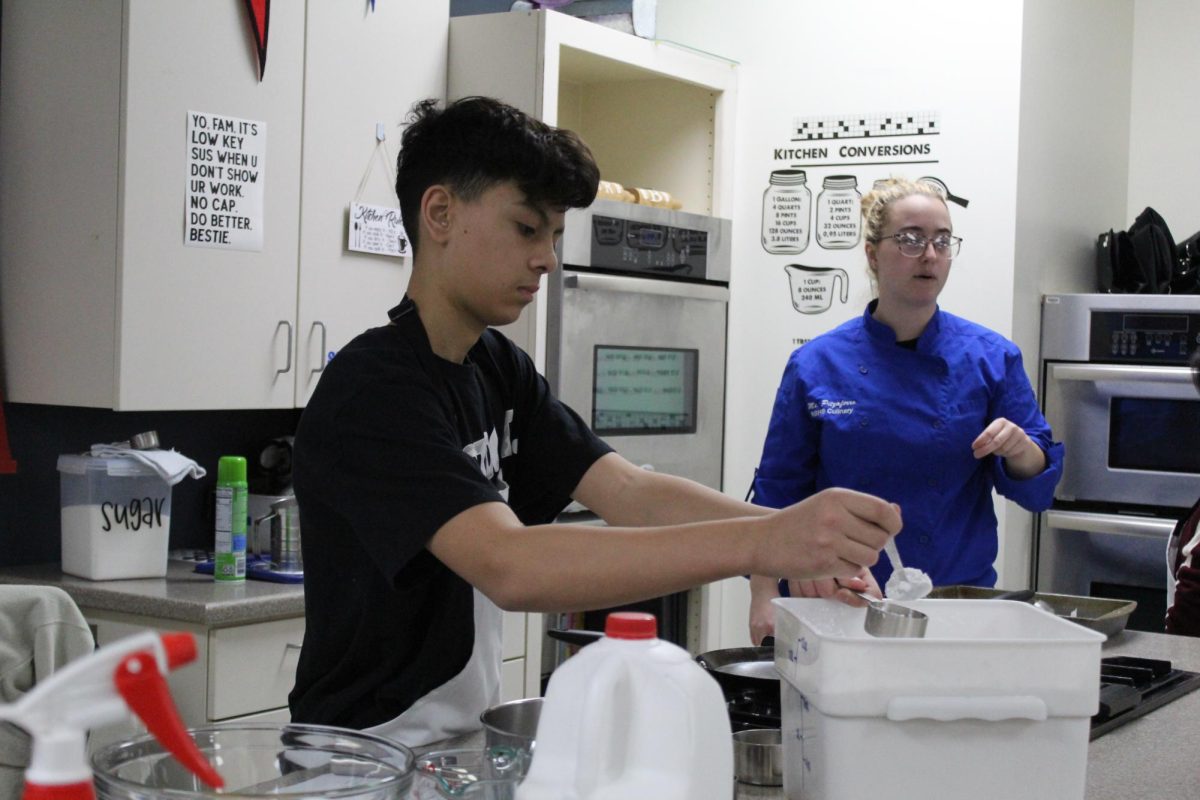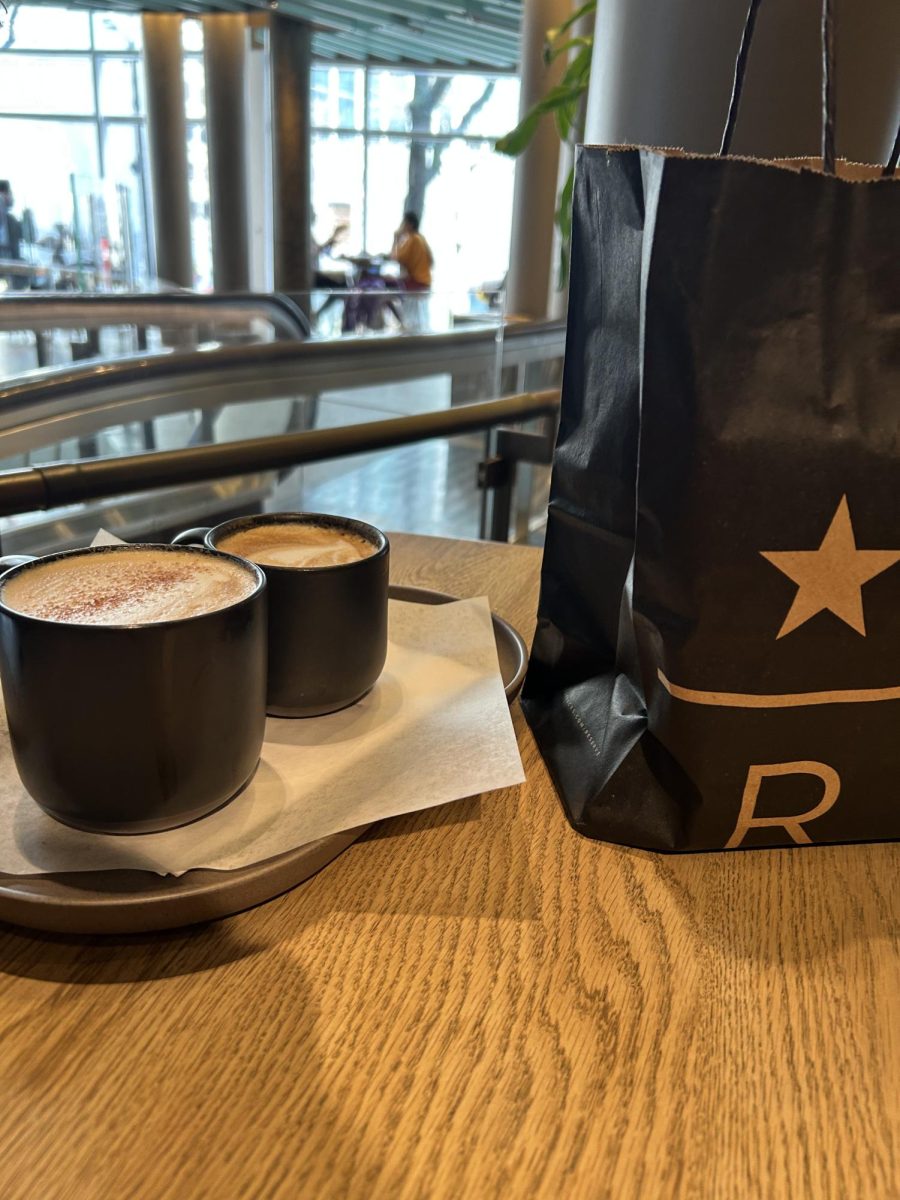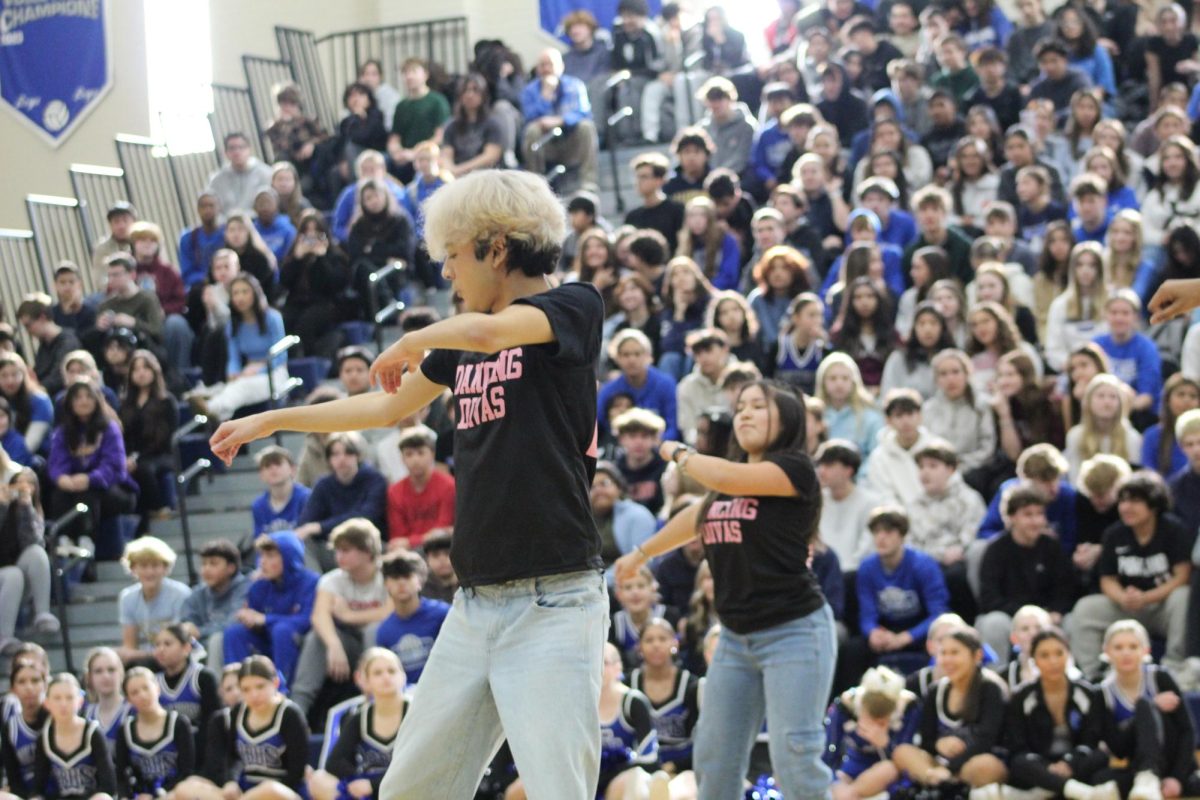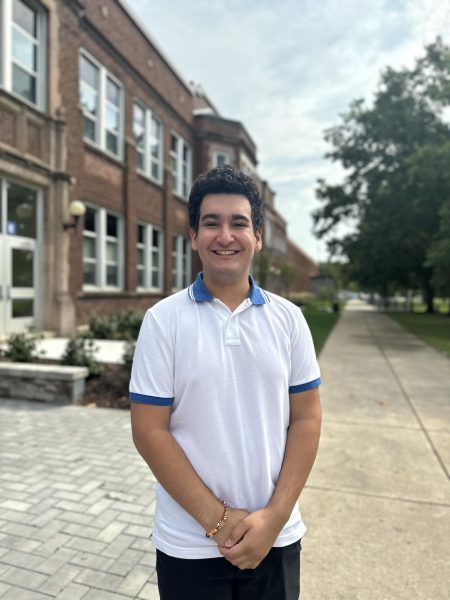On June 29, 2023, the United States Supreme Court ruled 6-3 to end race-conscious admissions, more commonly known as affirmative action, in institutions of higher education throughout the country. This included the controversial affirmative action admission practices at Harvard College and the University of North Carolina.
Students at Riverside Brookfield High School, most being college-bound, have a variety of opinions on this decision and its intricacies. Senior Angelina Figueroa disapproves of the ruling, seeing it as a deprivation of people of color’s opportunities.
“I wouldn’t [agree with the ruling] because I think that, historically, people of color have always had way less opportunities and less chances, especially because a lot of the time, a lot of these kids are first generation students where their parents are immigrants,” Figueroa said. “There’s not time to build that legacy or build those connections or even have the opportunities that anyone else could’ve had. There’s such a disadvantage that is disproportionate, and affirmative action was a way to combat against that.”
Her sentiment is shared by senior Daniel Almeida, who questions the motives behind the ruling.
“If they picked to end affirmative action just based on race, then why didn’t they end other forms of affirmative action like legacies and income in general,” Almeida said. “It’s kind of like they solely chose it based on race, and that’s why I disagree [with the ruling].”
To some, however, affirmative action was never a necessary practice. Senior Lexi Rubio believes in unity and equality, meaning the same standards for all.
“I think that they [people of color] should be held to the same standards [as everyone else],” Rubio said. “Handouts are appreciated by some people, but I also feel like they are disrespectful to others. To avoid disrespecting the group of people that feels that they [handouts] aren’t great for them, compared to that same group of people who are like ‘no, we want it, it’s fine’, they should be taken away and we should all be treated as one.”
Race and culture can play a significant role in someone’s identity. This is acknowledged by senior Ian Dimaano, who disagrees with affirmative action and stresses the importance of balancing race and merit.
“I believe that we should focus on race, but not with such intensity,” Dimaano said. “Otherwise, people are going to have their own opinions, and that might sway from that ‘being equal’ [goal]. [We should look at race] enough that it will create balance within [society].”
Figueora finds race to be a more crucial part of someone’s character. To her, someone’s race is their story, which tells a lot about them.
“You cannot say that you do not see color,” Figueroa said. “[For] one, race is important because that is part of your identity, that is part of your cultural background, and it is impossible for you to just see everyone as a person. Yes, obviously, everyone is a person, but you see them differently. You see their traits, and you shouldn’t try to turn a blind eye because then that makes it seem like you’re acting like it doesn’t matter or there was no history. You can’t erase what’s happened.”
For others, skin color is not indicative of race. Rubio worries she may be thought of differently on paper than in person.
“I am Mexican and Caucasian, so I feel like someone might see the name Rubio on paper and might treat me differently but then see me and, because I’m of lighter skin tone, be like ‘oh, never mind’,” Rubio said.
Dimaano agrees, hoping colleges base their admission standards on merit rather than race.
“A lot of people are coming from different areas and different ethnicities and different backgrounds, but we’re all equal, and each of those admissions officers should take each person as an individual based on their character and personality,” Dimaano said.
Trying to understand the other side of anything you have an opinion on is crucial in being an educated citizen. Although Almeida is strongly for affirmative action, he understands that it can be frustrating for some.
“I feel for people when they’re angry that they’re not getting into a college—even though they’re at the same or better academic level than other people—because of their race,” Almeida said. “But I would also say that it’s not just their race that got them into college because every person has a different story, and it could be a better fit for the college.”
Figueroa feels she is stripped of the compensation she believes she deserves due to her Mexican heritage.
“I’m Mexican, and now that this [affirmative action] no longer applies, I can’t get any kind of compensation for my background,” Figueroa said. “In the system, I’m technically second generation. My mom was born here, but she grew up in Mexico, and my dad was born and raised there as well, so me and my siblings live the life of first generation students in America. We cannot get any benefits for that, though, and I cannot get any benefits from affirmative action because I was a year too early and I don’t qualify for it. It just doesn’t make sense anymore, and that’s frustrating to us because we sent my brother through college, and then my sister for a little too, and it’s really hard, even being middle class, to support three kids going to college, and now I don’t have those extra benefits.”
This feeling of wanting compensation due to previous inequality is respected by Rubio, who thinks of it in a simplified, comprehensible way.
“I can totally understand wanting to be recognized for past discriminations,” Rubio said. “For instance, if someone was given a piece of popcorn, and another person wasn’t, that person, in the future, would want two pieces of popcorn rather than just one piece because they believe that they are entitled because of their past inequality. I totally agree with that, not with popcorn but with race obviously.”
Jim Franko, a counselor at RB, believes in diversity in society and within schools, but worries about how that diversity is achieved.
“I would say that as a society, I think we would like to have our post-secondary institutions represent the makeup of our country, which is a good ideal,” Franko said. “I think how you get there is very complicated. Let’s say 14 percent of the population is African-American. I would get nervous if we said ‘okay, that means 14 percent of the student population has to be African-American’ or ‘70 percent has to be white’. So it depends on what a person means by affirmative action. If it’s a quota-based system, I would get nervous. If it’s trying to build a student population that’s representative of our population, I believe there are ways to still do that without making it strictly numbers based.”
As for responding to someone arguing for the other side, Figueroa would call into question their knowledge of the topic.
“I would say [to someone arguing against affirmative action] to really look into it more,” Figueroa said. “I feel like people think very surface level about this and they see it as ‘oh, well that’s discrimination against white people because they’re getting beat out by someone just because of their race or their ethnicity.’ You have to realize that we [people of color] are so outnumbered and we stand way less of a chance. The people of color that actually do get the opportunity to go to college need extra help, especially financially because we’re historically more financially challenged. It is not fair, and affirmative action did help with that.”
It is also imperative that you treat others’ opinions with dignity, even if they are in complete contradiction with your own. Rubio takes this unspoken rule into account when addressing the opinions of those who support affirmative action.
“I would respect that decision [of wanting affirmative action] because people of color have been underrepresented, and I feel like they want that back, and I feel like they should deserve what they haven’t gotten in the past,” Rubio said. “I respect that decision. I respect them, but I would have to disagree.”
Almeida prioritizes diversity within the student body of a college, finding it essential to the growth of students.
“I think we should look at race and focus on diversity, especially in the case of college campuses [because] diversity helps students a lot with their [students’] learning and getting different inputs from different views,” Almeida said.
Although this ruling has meant different things to many people, it’s essential to not forget the importance of always trying to learn more. Everyone is entitled to their own opinions, even if those opinions are subject to change. The only way we will truly be able to make the world a better place is if we’re able to coexist with those who are different and disagree with our opinions, and try to learn from them. Building each other up is the only thing that will grow us taller, not knocking each other down.
“Any time you feel like you have something totally figured out, that’s a dangerous place to be, and you always have to try to be open to looking for holes in your thinking,” Franko said.

